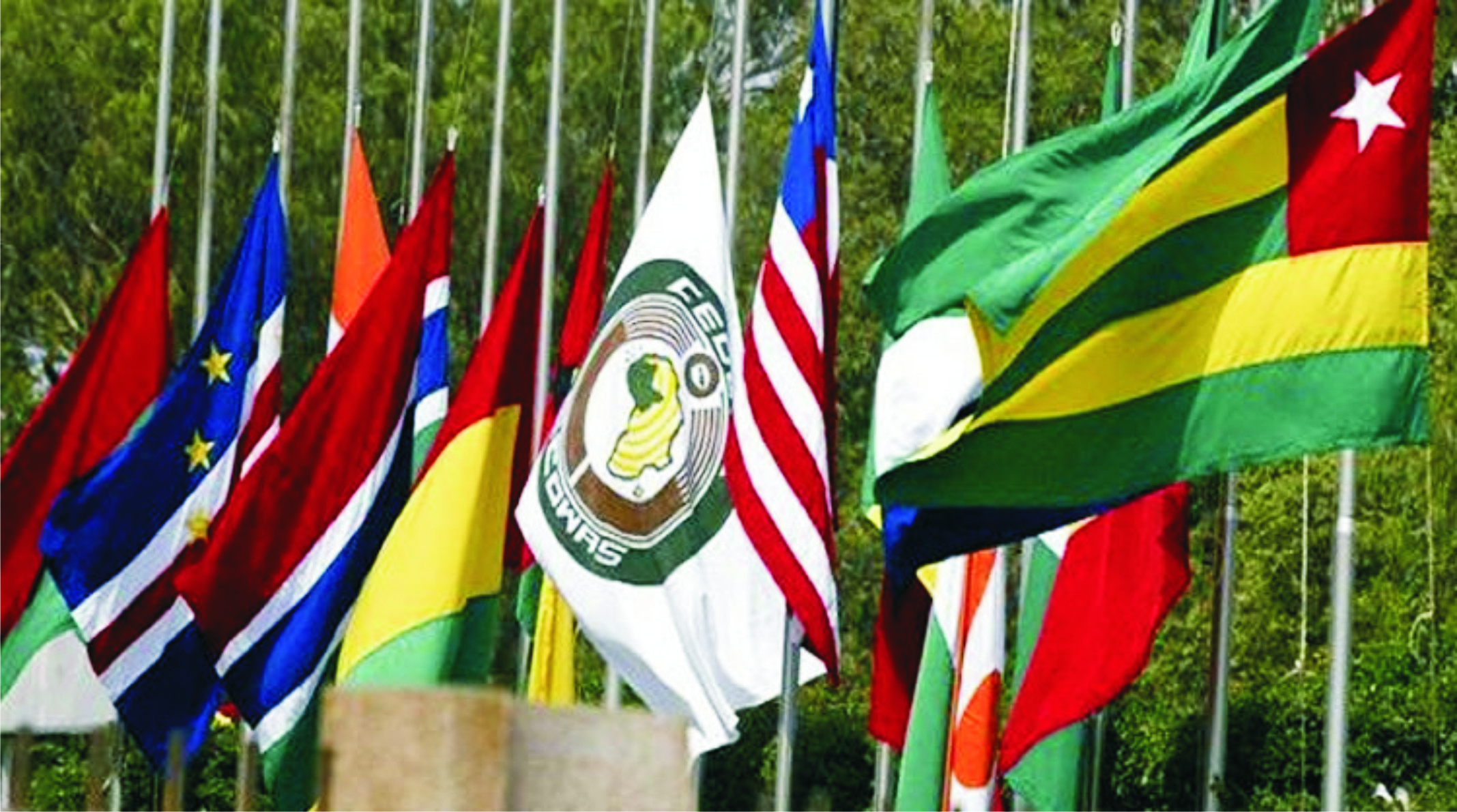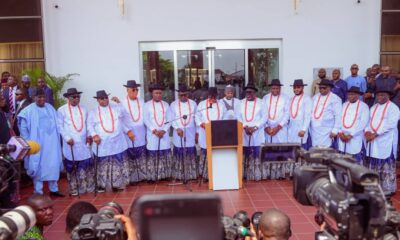Business
ECOWAS Single Currency Not Feasible In 2020 – Minister

The 2020 proposed date for the commencement of a single-currency regime for West Africa may not be realised as many countries within the region have yet to meet the criteria for the monetary union.
The Minister of Finance, Budget and National Planning, Mrs Zainab Ahmed, who confirmed the development in Abuja, said only Togo had met all the convergence criteria.
She spoke recently at the opening session of a meeting of ECOWAS committee of ministers of finances and governors of central banks on the currency programme.
The idea of the single currency for the West African region was first mooted almost 30 years ago in the hope of boosting cross-border trade and economic development.
Leaders of the 15 member states of the ECOWAS had formally agreed to name the common currency “Eco”.
The member countries that made up ECOWAS are Benin, Burkina Faso, Cape Verde, Gambia, Ghana, Guinea, Guinea-Bissau, Ivory Coast, Liberia, Mali, Niger, Nigeria, Senegal, Sierra Leone and Togo.
There are three primary and three secondary criteria that a country must achieve to be included in the monetary union.
The primary criteria are a budget deficit of not more than three per cent; average annual inflation of less than 10 per cent with a long-term goal of not more than five per cent; and gross reserves that could finance at least three months of imports.
The secondary convergence criteria adopted by ECOWAS are public debt/Gross Domestic Product of not more than 70 per cent; central bank financing of budget deficit should not be more than 10 per cent of previous year’s tax revenue; and nominal exchange rate variation of plus or minus 10 per cent.
Ahmed said the single currency would be based on a flexible exchange rate regime, with a monetary policy framework that would be focused on inflation.
She said with only Togo meeting the criteria in the last two years, it would be difficult to operationalise the single-currency regime by next year.
The minister said the inability of other countries in the sub-region to achieve the criteria would make the operationalisation of the “Eco” currency in 2020 problematic.
She said there was a need for member states to pursue appropriate policies and structural reforms that would enable them to meet the convergence criteria.
Business
Expert Tasks Government On Civil Maritime Security Unit
Business
Bayelsa Recommits To Infrastructure, Sectoral Dev … Rakes In N227.185b From IGR
Business
NDYC Seeks NDDC Commercialisation … Uncompleted Projects Completion
-

 News22 hours ago
News22 hours agoFubara Attends PDPGF Meeting In Asaba …..Back Court Verdict On National Secretary Position
-
Nation21 hours ago
Okehi Clan Demands Recognition, Upgrade Of Chieftaincy Stool
-
Business22 hours ago
REA, RESCOs Sign Agreement To Establish 23 Mini-grids
-
News1 day ago
Telecom Operators Dismiss Talks With NLC On Tariff Hike
-
Politics22 hours ago
How Akande Lied Against Me Over Bola Ige’s Case – Ladoja
-
Rivers22 hours ago
Police Confirm Vehicle Insurance Policy Enforcement In Rivers
-
Nation21 hours ago
Foundation Seeks Community Approach To Tackle Climate Change
-
Business22 hours ago
Oil Production Resumption: Ogoni Youths Seek Inclusion In FG’s Plans

